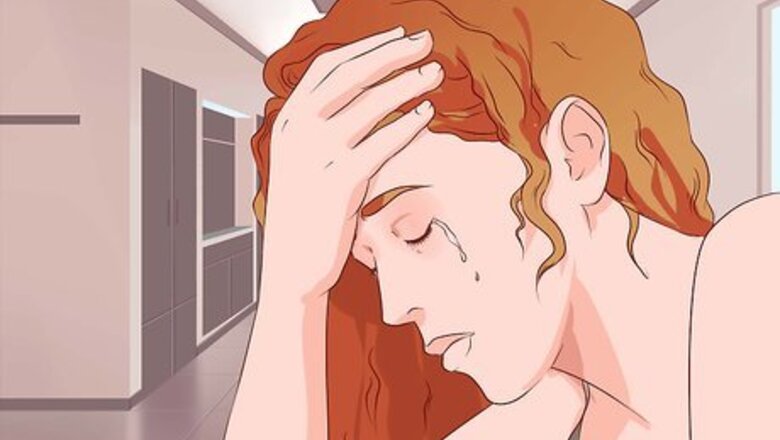
views
Letting Yourself Grieve
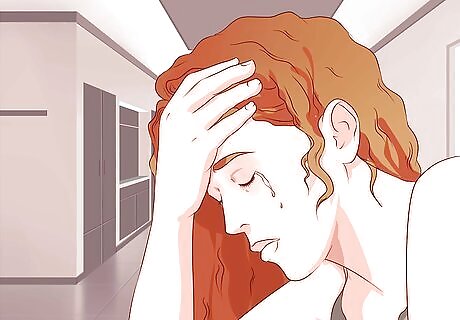
Feel the pain. Sometimes, we think friendships aren't as important as other relationships, such as romantic ones or familial ones. You may feel like you don't have the right to grieve when a friend drops out of your life. Nonetheless, your friends are vital to your well-being, and you are friends with the people in your life for a reason. When you lose one of those friends, you're going to need to grieve that person's lose in your life, just as if you'd broke up with a boyfriend or girlfriend.
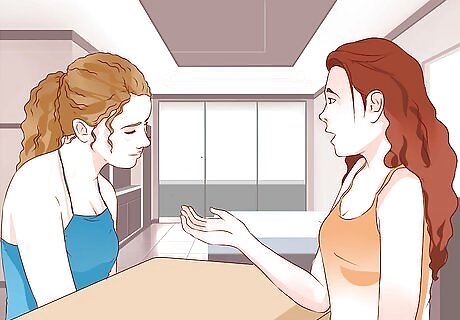
Talk to someone. Your other friends and your family are there to help you out. When you're going to through a hard time, it's good to lean on your friends and family. They can lend an ear to hear you out or just be a safe place where you can cry. Don't be afraid to ask people for help. It can be helpful to talk to a therapist about the breakup, especially if the person has been your friend for a long time. Sometimes well-intentioned friends or family members can offer bad advice or project their dysfunctional beliefs onto you. If you're not looking for advice, let the person know you just want someone to listen and not judge you while you express your feelings.
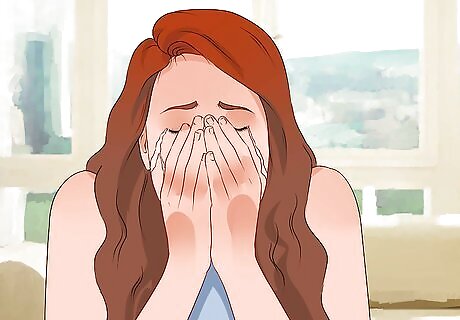
Let your tears out. It's a natural tendency to want to be strong and to not cry (too much). However, crying is a natural release of emotion, and it's important to let yourself feel that emotion. Yes, you eventually need to move on. Right now, though, you're hurting, and crying is a part of releasing that hurt.
Letting Go of the Person
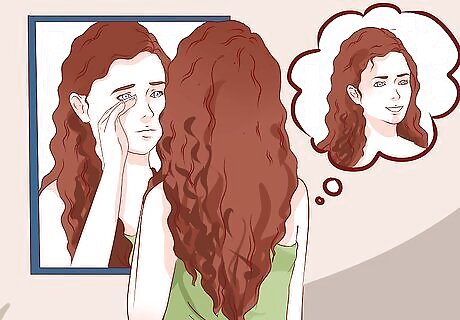
Change your thinking. You may find yourself thinking some irrational thoughts right now. For instance, you might be saying to yourself, "I don't think I can live without this person in my life." or "I must have something wrong with me if my friend doesn't want to be friends with me anymore." The key is to change these statements in your head. Tell yourself, "I can create a new life without this person. I don't need her to go on living. I do need food, water, and air, but I don't need one person." or "I don't have anything wrong with me. We're just in different places."
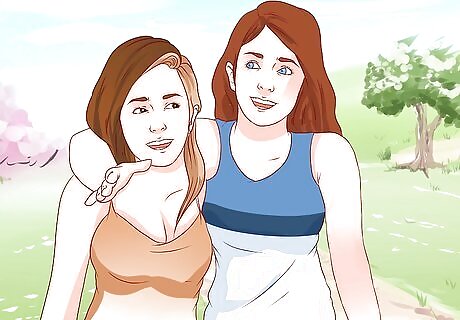
Appreciate what you had. Take a moment to think about the good the person brought into your life. Consider the ways she made your life better, and think about the good memories you had together. Despite what's happening now, recognizing that the person brought good into your life can help you to move on.
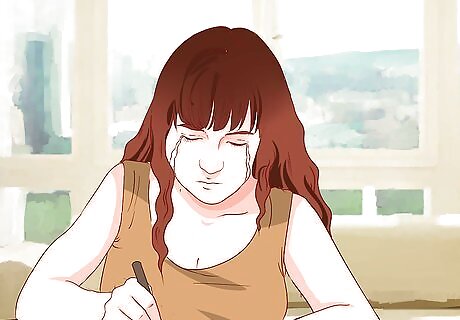
Tell them goodbye. You don't actually need to see the person again for this step, but you do need to find some way to say goodbye to the person to help yourself move on. It will help give you the closure you need. One way you can do this step is to write a letter to the person. You don't have to send it, just write it, telling the person all the things you left unsaid and saying goodbye. You can also have a conversation as if the person was there. Say all the things aloud that you wanted to say to the person while you were still friends.
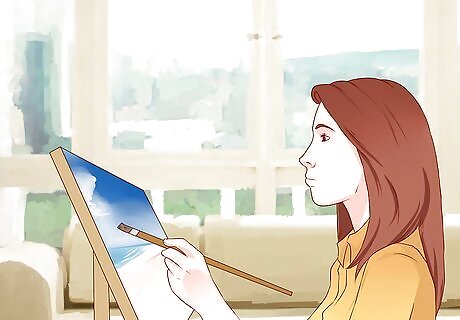
Pour your grief into a creative project. You don't have to be an artist to use art to help you heal. Doing something creative helps channel your grief into something physical. Try painting or drawing what you're feeling or even going to an art therapy class. It doesn't have to be good art. It simply has to be a representation of what you're feeling. Don't think too much about what you're going to paint or draw. Just start doing it, letting your emotions take you where they will. Finding a healthy way to express your emotions will prevent them from bottling up and causing you more stress and anxiety down the road.
Being Kind to Yourself
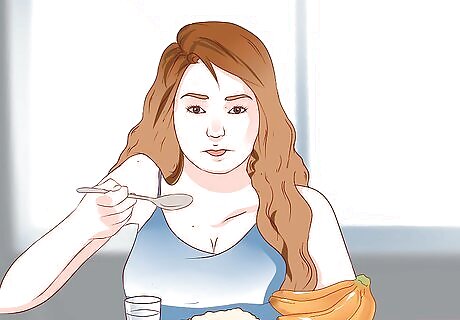
Eat well. Make sure you are getting your fruits and veggies. Also, make sure you are eating on a regular schedule. Don't forget to include some healthy proteins, low-fat dairy, and whole grains. Not eating healthy will just make you feel worse.
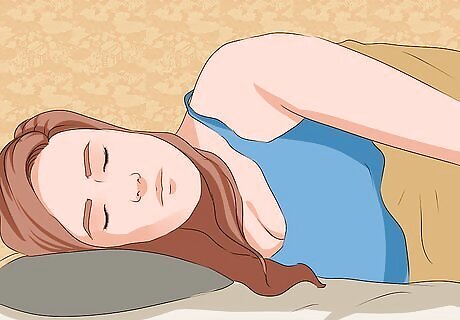
Get enough rest. Make sure you are getting enough sleep at night. You should be getting at least 7 to 8 hours at night and even more if you're younger. If you're not getting enough sleep, you're going to feel even more upset and anxious.
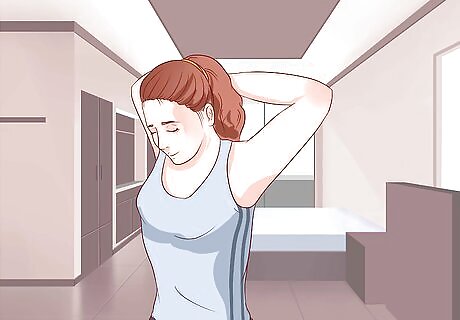
Get out and exercise. Exercise will keep you feeling better overall, and it will help keep your energy up. It also releases endorphins, which naturally makes you feel better. Try for 150 minutes of aerobic exercise a week. One way to get your exercise in is to take a walk at lunch. The sunlight will also help boost your mood.
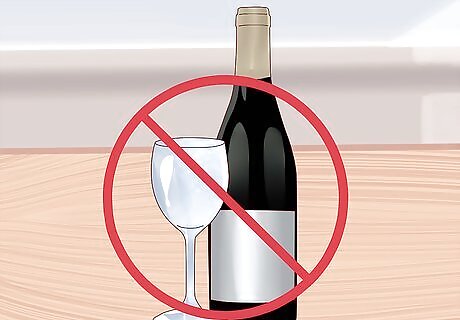
Skip the alcohol. Alcohol may numb the pain for a moment, but it could lead to a longer addiction. Plus, it doesn't allow you to face the pain like you need to do.
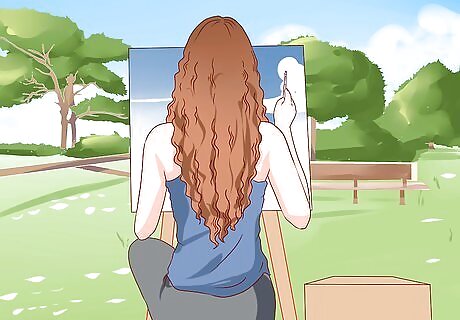
Do things you enjoy. If you love painting, spend time painting. If you enjoy going to the movies, do that. Go out with your other friends and enjoy the people who are still in your life.
Moving On
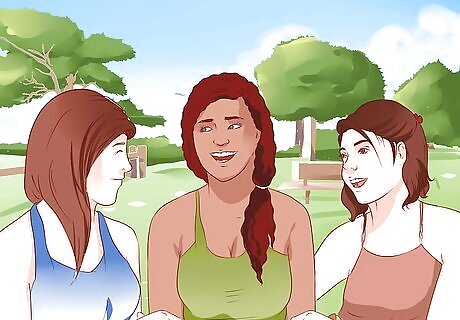
Be kind to your other friends. That is, if you have mutual friends, don't make them pick a side. In fact, try not to say anything negative about the friend you broke up with around mutual friends. It will only drive a wedge between you and your other friends.
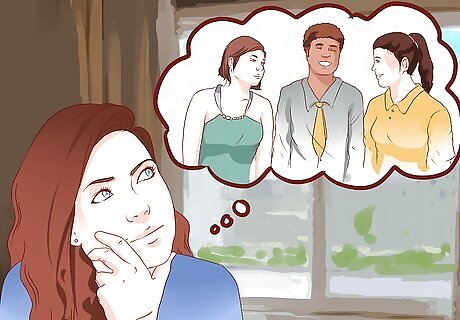
Determine what you want in new friends. Now that you've had this experience, you can be clearer about what you want in a friend. If you broke up with your friend because the relationship was bad for your mental well-being, consider the qualities that made it bad, and what would be better in new friends. For instance, maybe your friend wasn't trustworthy or didn't respect your boundaries. When you're making new friends, you need to make sure you're not choosing people who are going to cause the same problems.
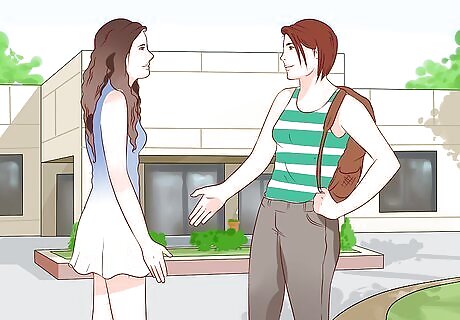
Make new friends. If you're going to make new friends, you need to put yourself out there. Talk to people in the coffee shop. Join local clubs that feature your hobbies. Take a class at your local community college. Try to meet new people everywhere you go. You can't just go to these events. You have actually talk to people and try to get to know them.




















Comments
0 comment